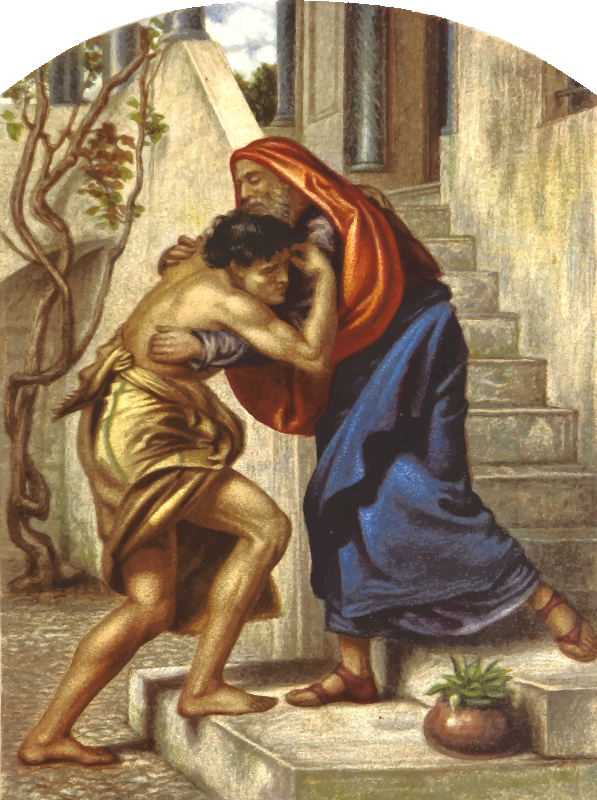Time to Shine

“Arise! Shine! Your light has come! [Isaiah 60:1] Bah!” said the man with the white hair and long beard.1
“So you didn’t really like what the prophet said,” answered the other, somewhat younger man.
“Oh, the words were pretty. He’s a good talker, no doubt. But what do you think?” He looked down the road. It led to Jerusalem, where the temple was rebuilt–sort of–but where there were no walls. But there were enough ruins. Yes, plenty of those, telling the story of better days.
The younger man watched the other’s eyes and saw his thoughts reflected there. “But you know, the prophet stood amongst those ruins and made his proclamation. ‘Your light has come!’ Did your spirit not stir within you?”
“Oh, I think my spirit is past stirring. My spirit stirred when Sheshbazzar [Ezra 1] called for people to leave Babylon and return and rebuild Jerusalem. Oh, those were the days! We had pictures in our heads, beautiful pictures of what Jerusalem would look like, what the new temple would look like.”
This is a work of fiction, based on the texts cited in square brackets []. The characters and dialog are my own invention. Copyright © 2011, Henry E. Neufeld.
“I think the temple is beautiful now! It’s a sign of what can be.”
“Oh, but you should have heard the older people wail when they saw the new temple. ‘Nothing like Solomon’s temple,’ they said [Haggai 2:3]. And they were probably right. What do I know? But I thought like you do now. I thought we’d make it work. I thought we’d soon have the city rebuilt.”
“But we’ve come a long way! We can rebuild!”
“Bah! You young’uns. Wait till you’ve lived as long as I have and see how little things have changed.”
“So what should we do?”
“We stay and we work. What else can we do? Do you have the money to move back to Babylon?”
“I’ve never seen Babylon. I wonder if it’s as good a place as some of you older folks say.”
“It’s better.”
“Better? Than what?”
“Look around you.” His eyes wandered, pausing on the tumbled down stones of the gate that hadn’t been rebuilt, then moving to the scattered piles of rock that had once been part of the town wall. He looked at the dusty road, where trees should have been growing. He looked back toward the town where a few houses had been restored, and where he knew very little grain had been stored. ‘Caravans cover our roads? Wealth of the nations coming to us [Isaiah 60:6]?’ Trading for what? Buying what? ‘Nations come to our light?’ What light? We don’t have enough oil for our lamps. You tell me, what light?”
“But shouldn’t we believe God’s prophets?”
“Oh, we had prophets in the old days too. ‘You’re going home,’ they said. ‘God has decided this is enough [Isaiah 40:2],’ they said. And now look at us! Believe me, none of us who heard those words thought we’d be spending our old age starving in the ruins.”
“So what do we do?”
“What can we do?” He paused and looked into the distance. “Yes, what can we do?”
What do you think? Is the old man right or wrong based on what you know of history?
When you’ve considered that, ask yourself whether you see prophecies of the second coming of Jesus in the same way. Do you use the same arguments? Do you see any parallels?
1 This story is based on the idea of deutero- and trito-Isaiah, which would have a prophet preaching late in the Babylonian exile and another preaching to the exiles at some point during rebuilding. If you prefer, think instead of a reading from an existing scroll of Isaiah.
Discover more from The Jevlir Caravansary
Subscribe to get the latest posts sent to your email.





This is a very creative and provocative method for challenging thinking. Great job. Thanks for sharing.